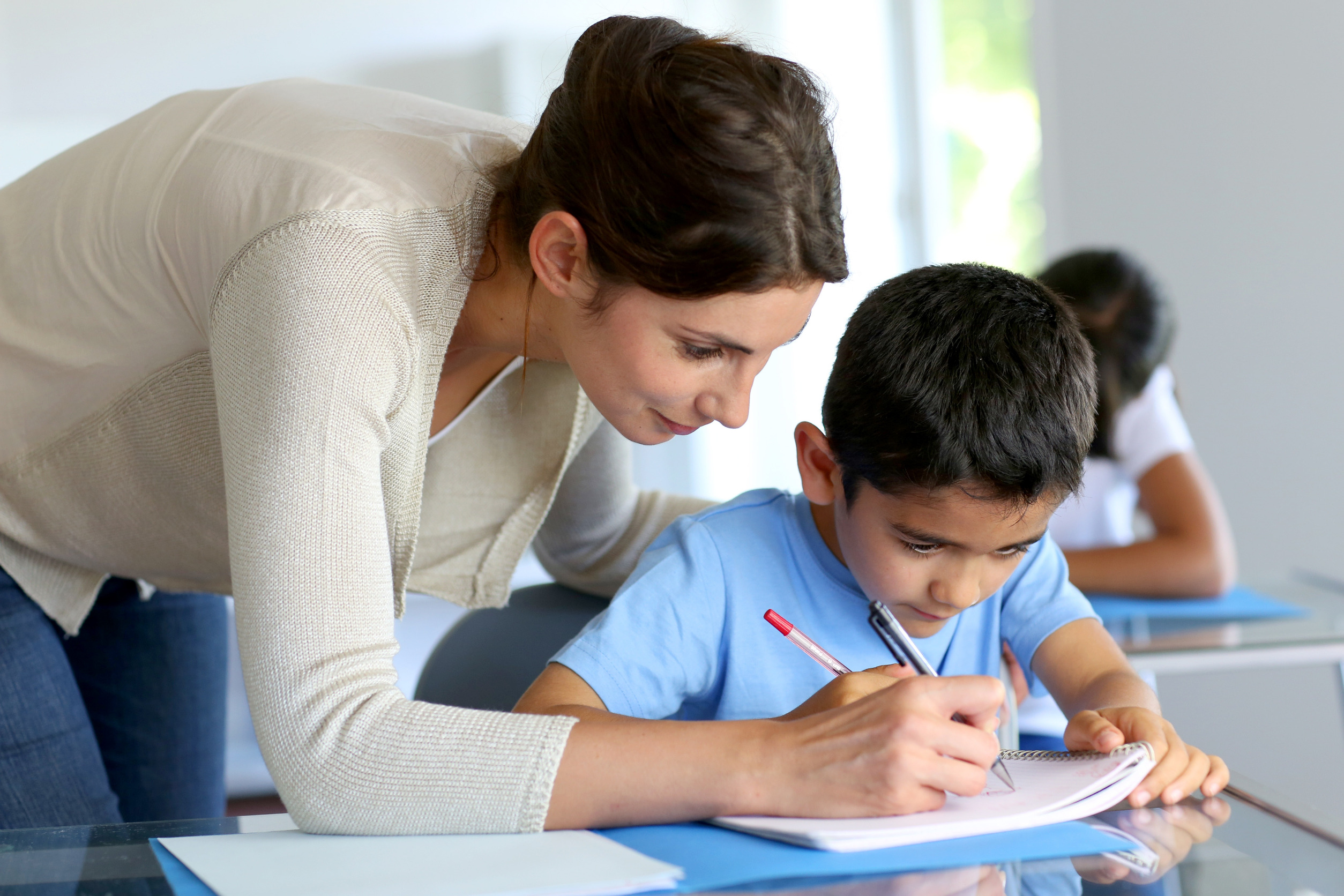
One of the most important roles that an educator needs to fulfill is to help students deal with conflict. Whether it’s a disagreement with a classmate, a fight with a friend, or a problem with a teacher, conflict is a part of life – and it’s something that students will have to deal with throughout their lives.
While some students are naturally good at handling conflict, others need a little bit of help. That’s where educators come in. Educators need to play a crucial role in teaching conflict resolution skills to their students.
There are a number of conflict resolution techniques that educators can use in our classrooms, and in this blog post, we’re going to explore 7 of the best ones. From ‘peace circles’ to ‘talking sticks’, these techniques will help your students resolve conflicts in a peaceful and effective way.
In addition, you can master to understand your students more effectively to create a positive learning environment in your classroom with our recommended Counselling Course as well. Now, without any further ado, let’s get to know more about effective Teaching Conflict Resolution Skills which you can use in your classroom.
What is Conflict Management?
Conflict management is defined as the process of managing disagreements between two or more people. It can involve two individuals, groups, or large organizations. The goal of conflict management is to create a resolution that is acceptable to all parties involved.
Conflict management is important in the school setting because it can help students resolve disputes quickly and effectively. When students learn how to effectively manage their conflicts, they can create more harmonious and mutually beneficial relationships. With effective conflict management in the classroom, students can become more productive, personally responsible, and caring of one another.
The importance of Conflict Resolution Skills:
Conflict resolution skills are essential for a successful classroom. They are beneficial for teachers, staff and students alike. When all parties understand and practice conflict resolution, it can lead to better relationships and a more productive learning environment.
For educators, conflict resolution can help reduce stress and create a positive atmosphere in the classroom. When students can effectively communicate and resolve conflicts, teachers can focus on the actual lesson instead of having to deal with disruptive behaviour.
For students, conflict resolution skills can help them learn to communicate more effectively, develop problem-solving abilities, and work cooperatively. They can also help students learn to be respectful and tolerant of differing perspectives. Additionally, students can learn to express their feelings in an appropriate manner, rather than resorting to disruptive or hurtful behaviour.
7 Effective Conflict Resolution Techniques:
When it comes to conflict resolution in the classroom, there are a number of techniques that can be used. Here are seven of the most effective ones:
1. Peace Circles:
Peace circles are a great way for students to communicate and express their feelings in a non-threatening environment. They involve the students sitting in a circle and taking turns discussing the issue at hand.
2. Talking Sticks:
This technique involves having the students pass around a “talking stick,” which signifies that the person holding it is the one who has the right to speak. This helps ensure that everyone gets a chance to talk.
3. Problem-solving strategies:
Problem-solving strategies involve breaking down the problem into smaller issues and finding solutions by understanding the student's emotions and feelings by communicating with them without judging them.
4. Mediation:
Mediation is a great way to solve any conflict among students. This will calm their mind and it will help them to think clearly without feeling outrageous, sad, or whatever feelings which is the reason to start the conflict.
5. Active Listening:
Active listening involves being fully present as an educator in order to accurately interpret what your students are saying and respond in a respectful and non-judgemental way.
6. Lead by Example:
Setting a good example is key when it comes to conflict resolution. This can involve showing respectful behaviour, remaining calm in disagreements, and engaging peacefully as an educator in your classroom.
7. Empathy Maps:
Empathy maps are a great way to help students gain perspective and understand one another. This is done by mapping out how each person feels and then exploring the reasons why.
Tips for using Conflict Resolution Techniques in the Classroom:
While Teaching Conflict Resolution Skills in the classroom, it’s important to keep the following tips in mind:
Conclusion
Conflict is a normal part of life, but that doesn’t mean it has to be destructive. By teaching right conflict resolution skills, educators can help students deal with conflict in a positive and effective way. By using the techniques outlined above, educators can teach their students the skills they need to successfully manage their conflicts.
In case, if you want to upgrade yourself as an evolved teacher by understanding the psychology of your students then we do recommend you to go through our Counselling course, which will definitely help you to achieve your teaching career goals.